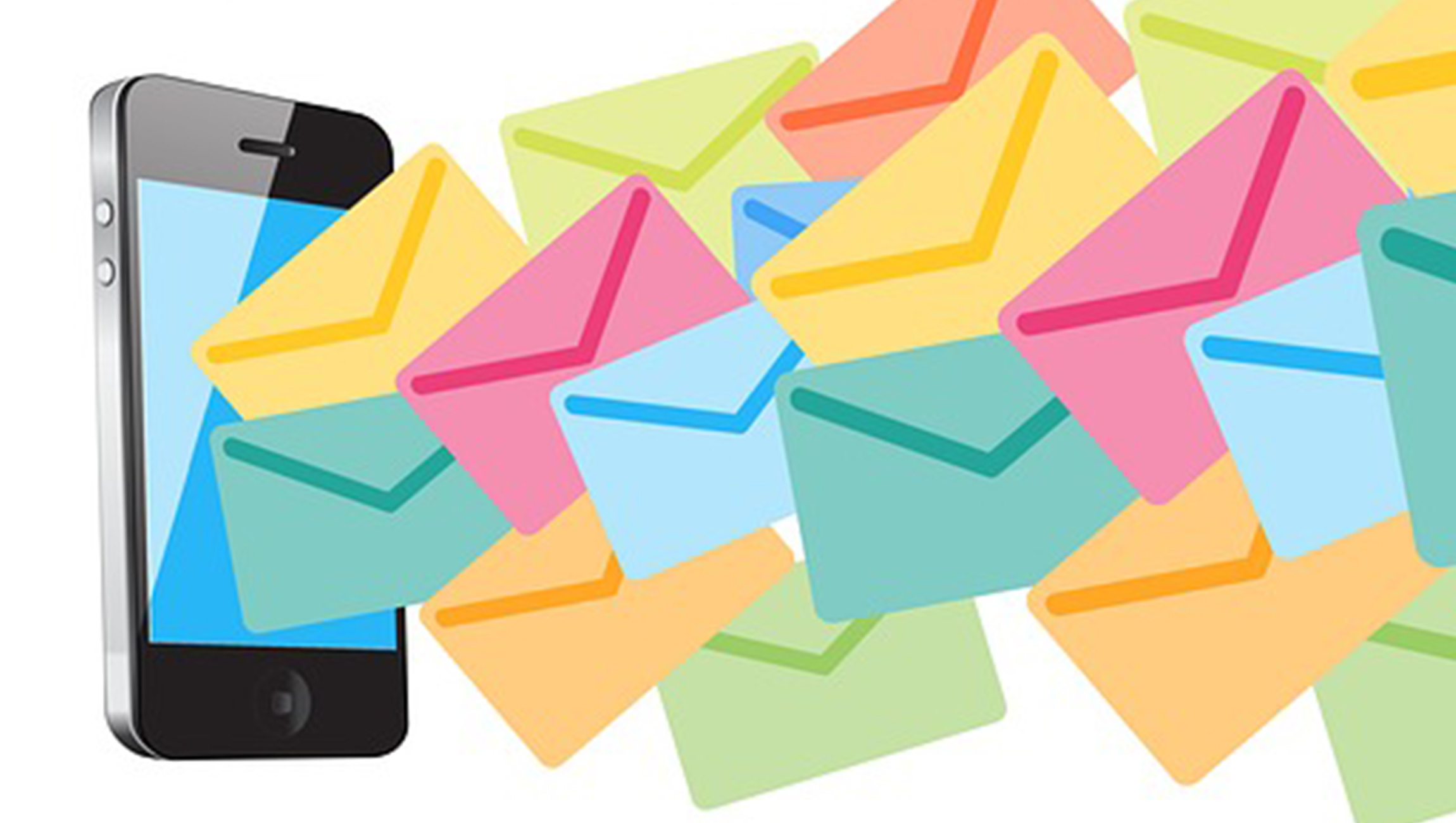 Businesses across industries are always looking for new ways to effectively communicate and engage with customers via a mobile device. Over the last few years, many businesses relied on their own branded app as a way to conduct this type of communication with customers. However, there is recent evidence that a growing number of consumers are beginning to eliminate apps from their phones, with fewer app downloads and lower app engagement.
Businesses across industries are always looking for new ways to effectively communicate and engage with customers via a mobile device. Over the last few years, many businesses relied on their own branded app as a way to conduct this type of communication with customers. However, there is recent evidence that a growing number of consumers are beginning to eliminate apps from their phones, with fewer app downloads and lower app engagement.
According to an article in PC World, app downloads decreased more than 20% last year, and the typical U.S. mobile device user now downloads zero apps in any given month.
Instead, messaging remains the most popular option for businesses to connect with customers. However, to truly leverage messaging for business purposes today, device makers, carriers, and mobile developers are all working together to create the next generation of messaging – known as RCS (Rich Communication Services).
What Is RCS?
RCS is a new technology that involves adding dynamic features consumers want to utilize in their SMS and MMS today. However, it isn’t just a simple application one can have installed. RCS needs the support of carriers, the device, and the messaging application.
RCS Messaging may seem familiar to many individuals based on the key functions of RCS: adding or attaching images and videos, adding your location, and the visual indicator of when someone is typing to leave a comment or message. This was known as the Release 1 of RCS Universal Profile. The latest with Release 2 provides tools for businesses and developers to deliver app security, branding options, analytics in measuring and managing business programs and application to person messaging.
The scope of RCS will rely on key industry players to develop the correct ubiquity so that this technology can be found in the standard and pre-loaded native messaging app that smartphones already come equipped with today. This technology already exists in messaging apps such as Facebook Messenger and WhatsApp, but they must first be downloaded by the smartphone user.
Most consumers are reluctant to download yet another app and would rather have the simplicity of messages in their native SMS messenger that they already use every day to communicate with friends, family and loved ones.
Also Read: Scrapping Email: How Millennials are Changing Workforce Communication
How Can Brands Use RCS Messaging Instead of an App?
An app may could potentially still be useful for brands, especially if customers are already engaging and interacting with the app itself. However, what’s now needed is a new strategy that doesn’t require users to open their app. For example, your local pharmacy may utilize RCS technology when communicating with customers.
Imagine simply uploading a photo of yourself in your messages, and sending this to the store to receive recommendations on beauty products that compliment your skin tone.
At that time, the store that can respond with a list of products with that are available, as well as directions to the nearest location based on target marketing.
For travelers, RCS messaging could enable users to directly message hotels to obtain prices, pictures, hotel features, dining options, and even book reservations. Upon arrival, an individual may even text the hotel to check in.
RCS brings the power of the web all to the messaging service for easier engagement with customers, and without the need to download an app because it’s already pre-loaded onto the smartphone. This makes it even easier for brands communicate with their customers. With RCS messaging, there’s no need to build out an app or utilize IT resources for app maintenance or upgrades.
As RCS becomes ubiquitous on all smartphones today, look for brands to incorporate more of an “app-plus” strategy that leverages advanced messaging techniques for optimum engagement, communication, and transaction with their mobile customers.
Also Read: How To Interpret And Measure KPIs In The New Age Of Marketing












Comments are closed.